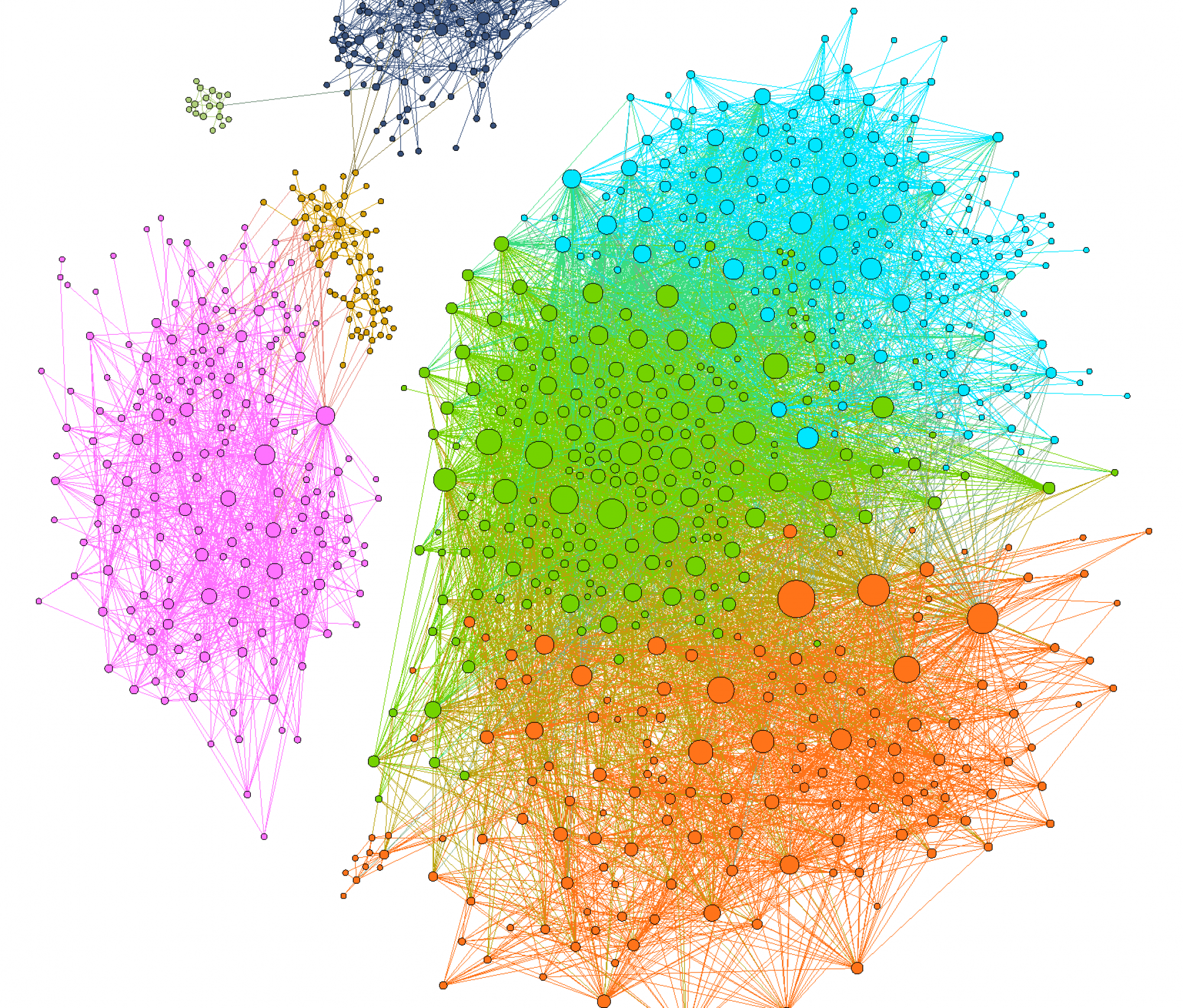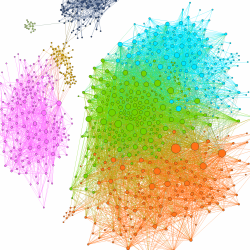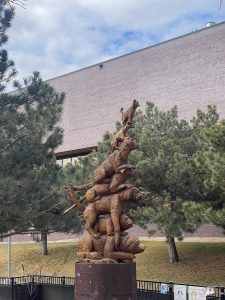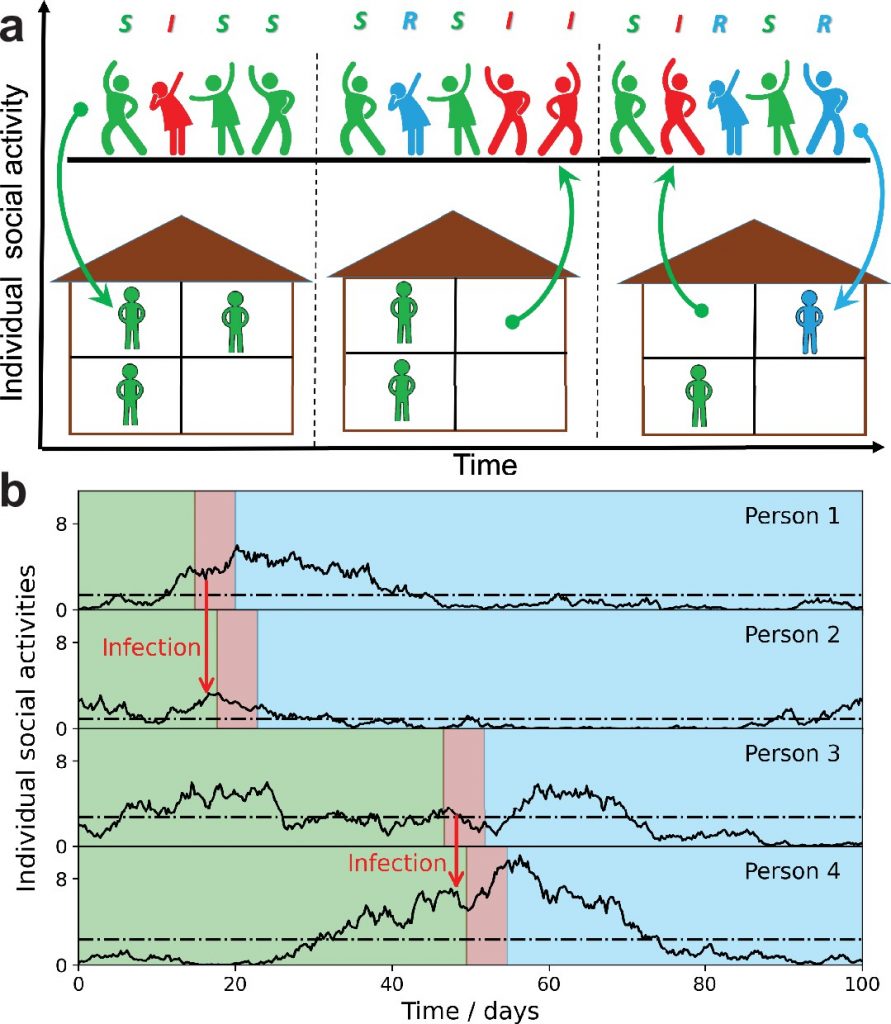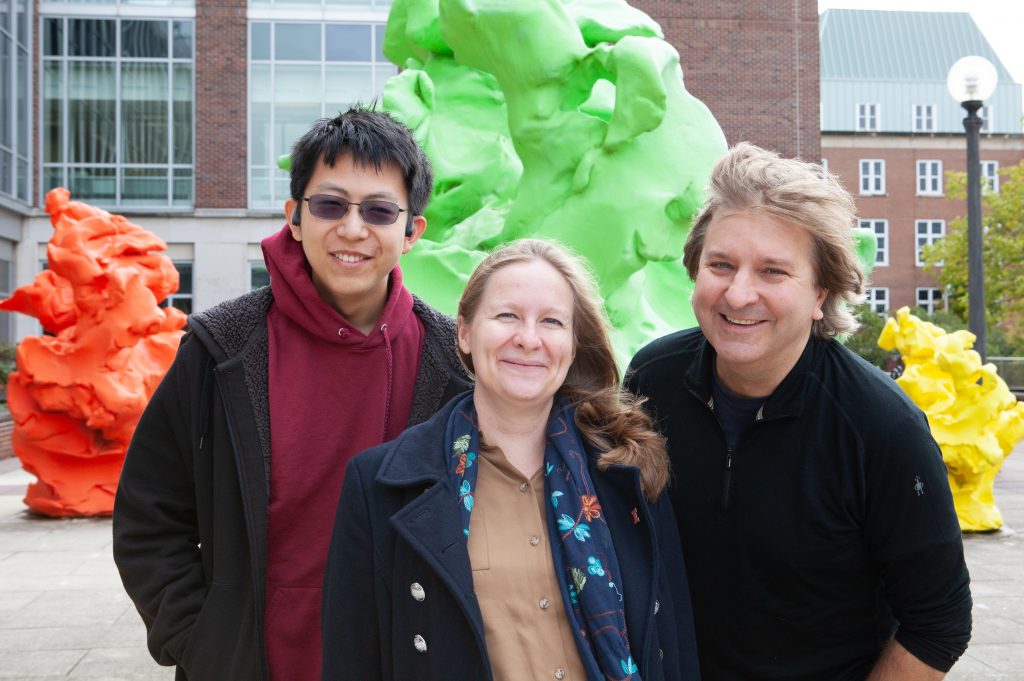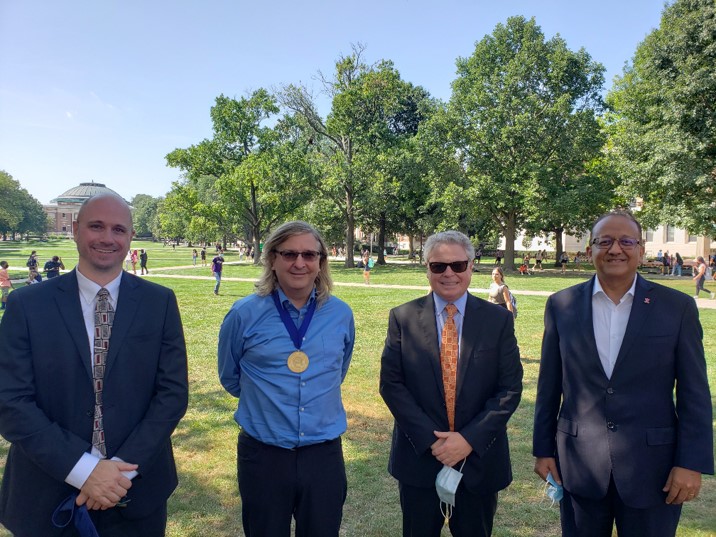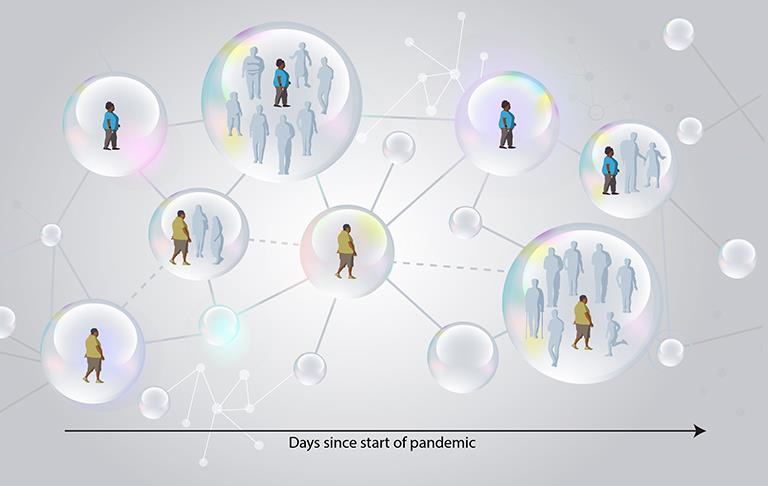We have been awarded a UIUC Strategic Research Initiative (SRI) program with the proposal “Multi-scale learning for analysis of spatial transcriptomics data” .
Our team will start working on April 2, 2024:
- Sergei Maslov (PI), Department of Bioengineering and Department of Physics (GCOE)
- Olgica Milenkovic (co-PI), Department of Electrical and Computer Engineering (GCOE)
- Maxim Raginsky (co-PI), Department of Electrical and Computer Engineering (GCOE)
- Ilan Shomorony (co-PI), Department of Electrical and Computer Engineering (GCOE)
- Hanghang Tong (co-PI), Department of Computer Science (GCOE)
- Hee-Sun Han (co-PI), Department of Chemistry (LAS)
- Michael Robben (co-PI), Department of Animal Sciences (ACES)
- Dave Zhao (co-PI), Department of Statistics (LAS)
- Alvaro Hernandez (Senior Personnel, Experimental Support), Roy J. Carver Biotechnology Center
